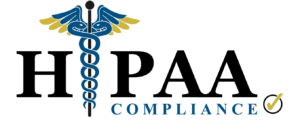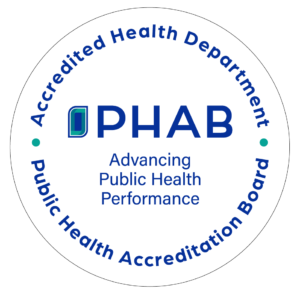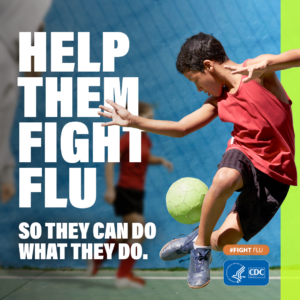 Click here for a short summary guide for fall 2023 vaccines
Click here for a short summary guide for fall 2023 vaccines
Please see your healthcare provider or pharmacist to receive your vaccination(s).
Seasonal Flu Vaccine
Who should receive it? Everyone 6 months & older should receive a yearly flu vaccine.
When? September and October are the best times for most people to get vaccinated.
Why? Influenza (flu) is a potentially serious disease that can lead to hospitalization and sometimes even death. Flu vaccine prevents millions of illnesses and flu-related doctor’s visits each year. Flu vaccinations have been shown to reduce the risk of having to go to the doctor with flu by 40% to 60%.
About the vaccine: Influenza viruses change from year to year, so influenza vaccines must be updated annually to include the viruses that will most likely circulate in the upcoming season. Once the viruses are selected for the new formulation, private manufacturers produce, test, release and distribute influenza vaccine.
Click here to learn more about the updated flu vaccine recommendations
Updated COVID Vaccine
Who should receive it? Please check with your doctor
When? September or October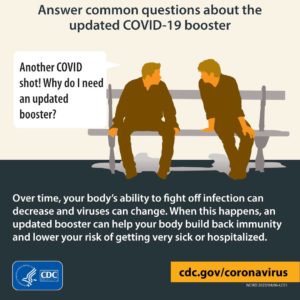
Why? COVID vaccines are likely going to become a routine part of protecting your health moving forward. The rise of the COVID-19 Omicron subvariant XBB.1.5 is the product of a potent mix of mutations that make it easier to spread broadly, including among those who
have been previously infected or vaccinated. That means there are higher chances for reinfection or breakthrough infections. The XBB subvariant is one of the most antibody-resistant variants. Symptoms include cough and congestion to shortness of breath and low oxygen levels that require emergency medical attention. Other symptoms include fever, chills, fatigue, muscle or body aches, sore throat, nausea or vomiting and diarrhea. Symptoms can last between five to seven days but vary from person to person.
About the vaccine: The U.S. Food and Drug Administration’s independent panel of advisors recommended that updated COVID shots for the fall and winter target one of the XBB variants, which are now the dominant strains of the virus nationwide. Pfizer, Moderna and Novavax have been developing versions of their respective shots targeting XBB coronavirus variants. Shipments to healthcare providers are expected to begin in September.
Click here to learn more about the latest COVID-19 variant
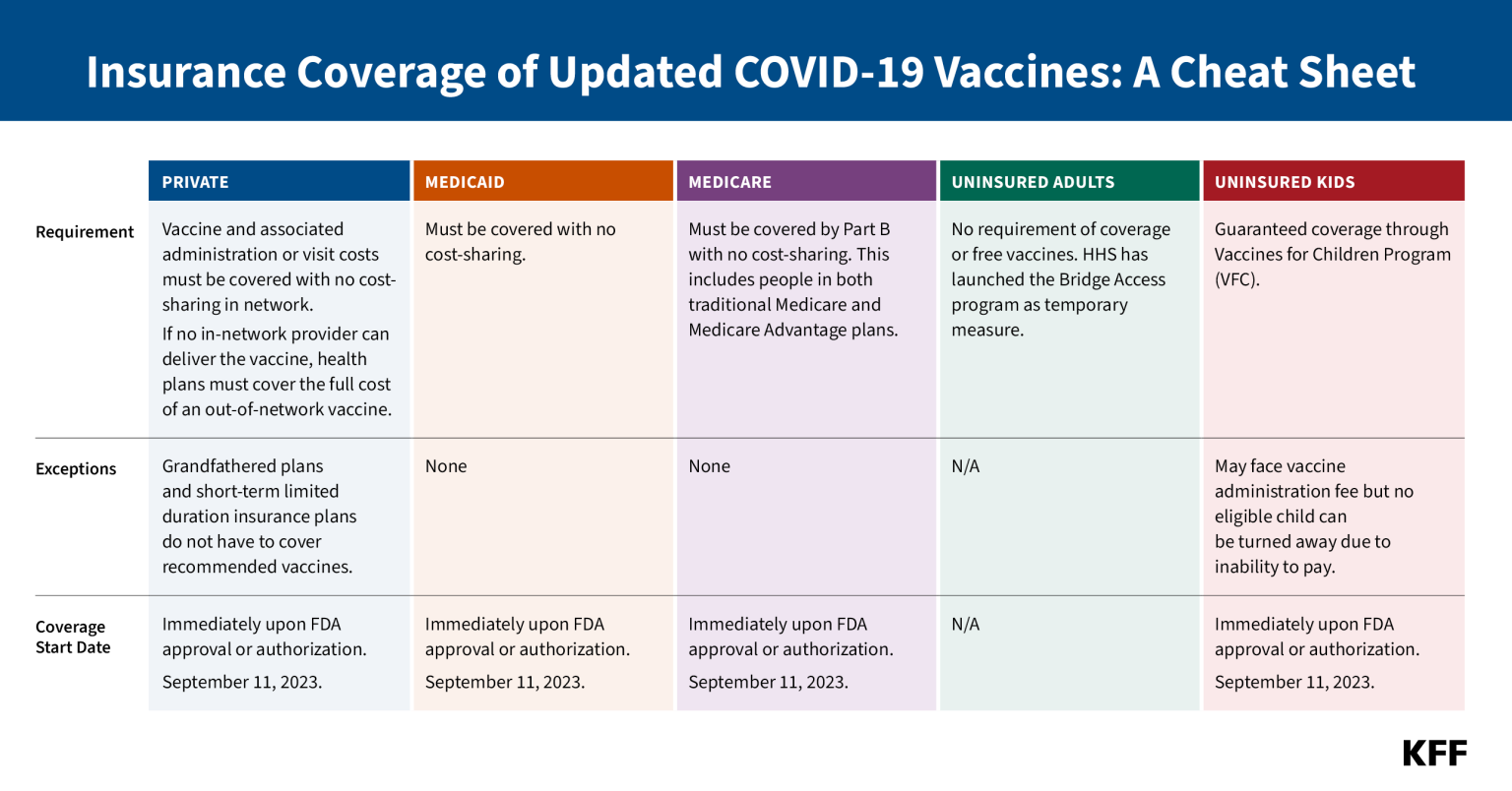
Newly approved RSV (Respiratory Syncytial Virus) Vaccine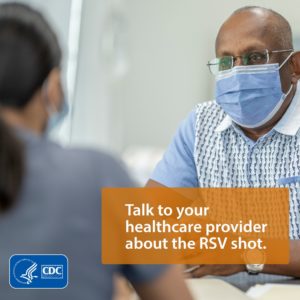
Who should receive it? CDC is recommending a new immunization starting this fall to help protect all infants under 8 months and some older babies at increased risk of severe illness caused by respiratory syncytial virus (RSV). For a small group of children between the ages of 8 and 19 months who are at increased risk of severe RSV disease, such as children who are severely immunocompromised, a dose is recommended in their second season. Two newly approved respiratory syncytial virus (RSV) vaccines for adults age 60 years and older may be able to prevent illness in those at risk for severe RSV disease. Please check with your doctor as well.
When? Please check with your doctor
Why? RSV is one of the most common causes of childhood respiratory illness and results in annual outbreaks of respiratory illnesses in all age groups. An estimated 58,000 to 80,000 children under 5 years of age, most of them infants, are hospitalized each year nationwide due to RSV infection, with some requiring oxygen, intravenous (IV) fluids, or mechanical ventilation (a machine to help with breathing). Each year, an estimated 100 to 300 children younger than 5 years of age die due to RSV.
Most adult RSV illness occurs among the older age group and results in an estimated 60,000–160,000 hospitalizations and 6000–10,000 deaths a year among people at least 65 years old. Adults at the highest risk for severe RSV illness include older adults, adults with
chronic heart or lung disease, adults with weakened immune systems, and adults living in nursing homes or long-term care facilities. Older adults deciding whether to get the vaccines should weigh risks and their own preferences and make the decision in
consultation with their doctor
About the vaccine: These new vaccines – which are the first ones licensed in the U.S. to protect against RSV – are expected to be available this fall. These vaccines provide an opportunity to help protect older adults and young children against severe RSV illness at a time when multiple respiratory infections are likely to circulate.

